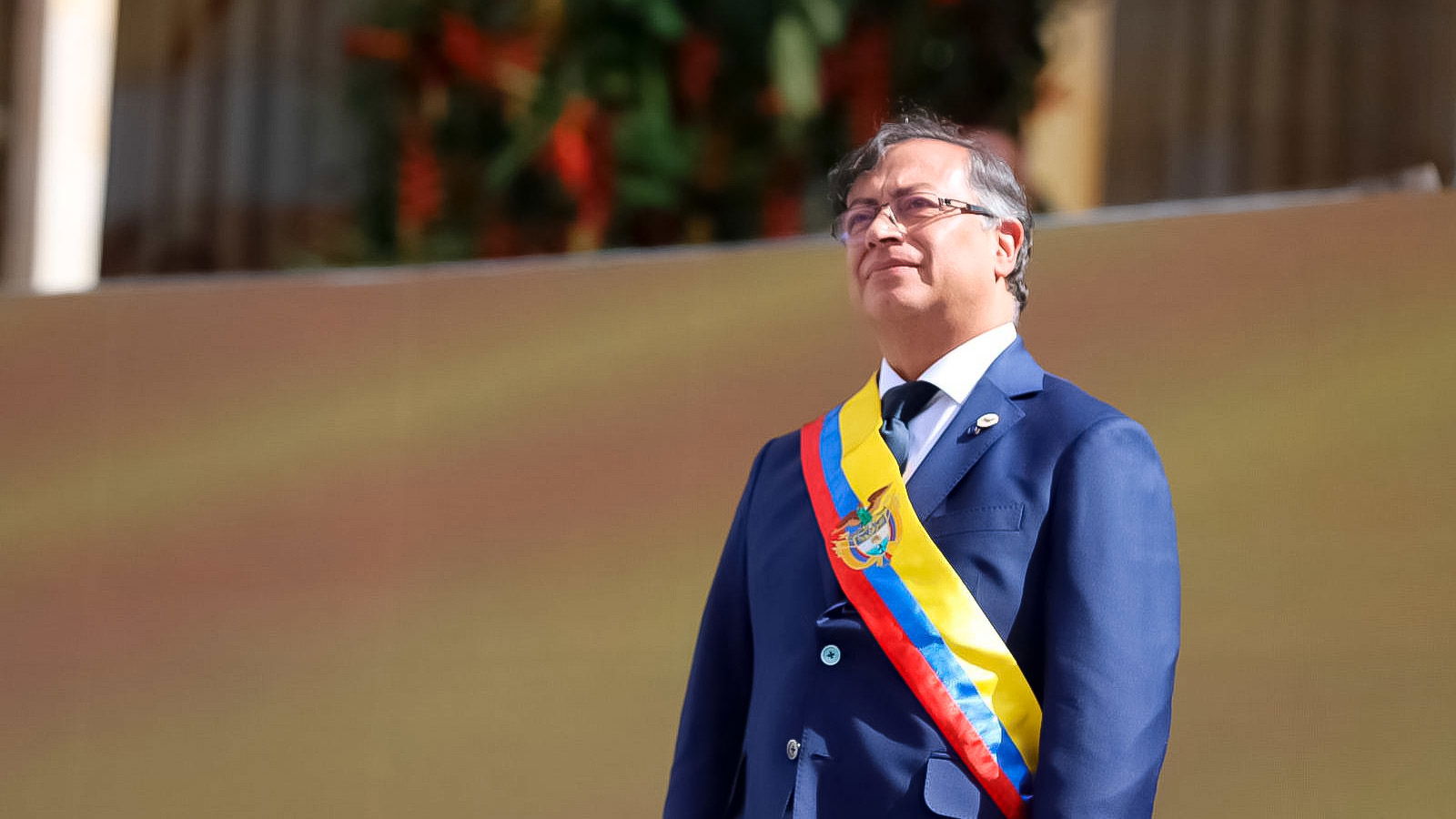The Colombian Government, presided over by Gustavo Petro, would seek to apply a 19% Value-Added Tax (VAT) to the online gaming sector as part of a new tax reform and to finance the Budget 2025.
According to the Colombian magazine Semana, the Minister of Finance, Ricardo Bonilla, met on Monday, September 2, with parliamentarians in charge of the budget bill for next year. In the meeting, he tried to convince them that the tax reform would guarantee “a source of financing” of around COP 12 trillion.
Among the aspects to be reformed, the Minister informed the legislators that “a 19% VAT will be applied to online games of chance, that is to say, those operated through the Internet, whose rate is currently zero.”
“We are identifying those amounts”, said Bonilla about the online gaming companies operating in Colombia and whose “great part of those resources are going out of the country”.
For his part, Wadith Manzur, one of the members of the House of Representatives with whom the minister met, confirmed that Petro’s administration is targeting new revenue sources that will directly affect sectors that have been taxed little until now.
According to the media Blu Radio, the Petro Government has calculated that the new tax that would be applied to the online sector would contribute to a collection of COP 2 billion, equivalent to $478.2 million.
Response from Asojuegos
It is worth mentioning that the Colombian Association of Gaming Operators (Asojuegos) has already expressed its rejection of the eventual application of the 19% tax to online operators and warned that the new tax would be transferred directly to the consumer, which would benefit illegal gambling.
Juan Carlos Restrepo
The association explained that the player currently has a return between 90% and 95%, which means that from each Colombian peso bet, between 90 and 95 cents are returned to the bettor. If VAT is applied, the return would be 78%.
“Bettors will prefer to bet on international platforms that do not charge VAT and that guarantee the same return that they have today with the companies that offer entertainment services in Colombia”, said the President of Asojuegos, Juan Carlos Restrepo.
The businessman also warned that the resources “that today are collected for health would go to companies that neither pay taxes in Colombia nor operate legally in the country.”
“It seems to me to be a seriously wrong measure that will hit the income that exists today for the health of Colombia because the operation of online games has been growing in a very important way its resources and its contributions to the health sector,” Restrepo concluded.


